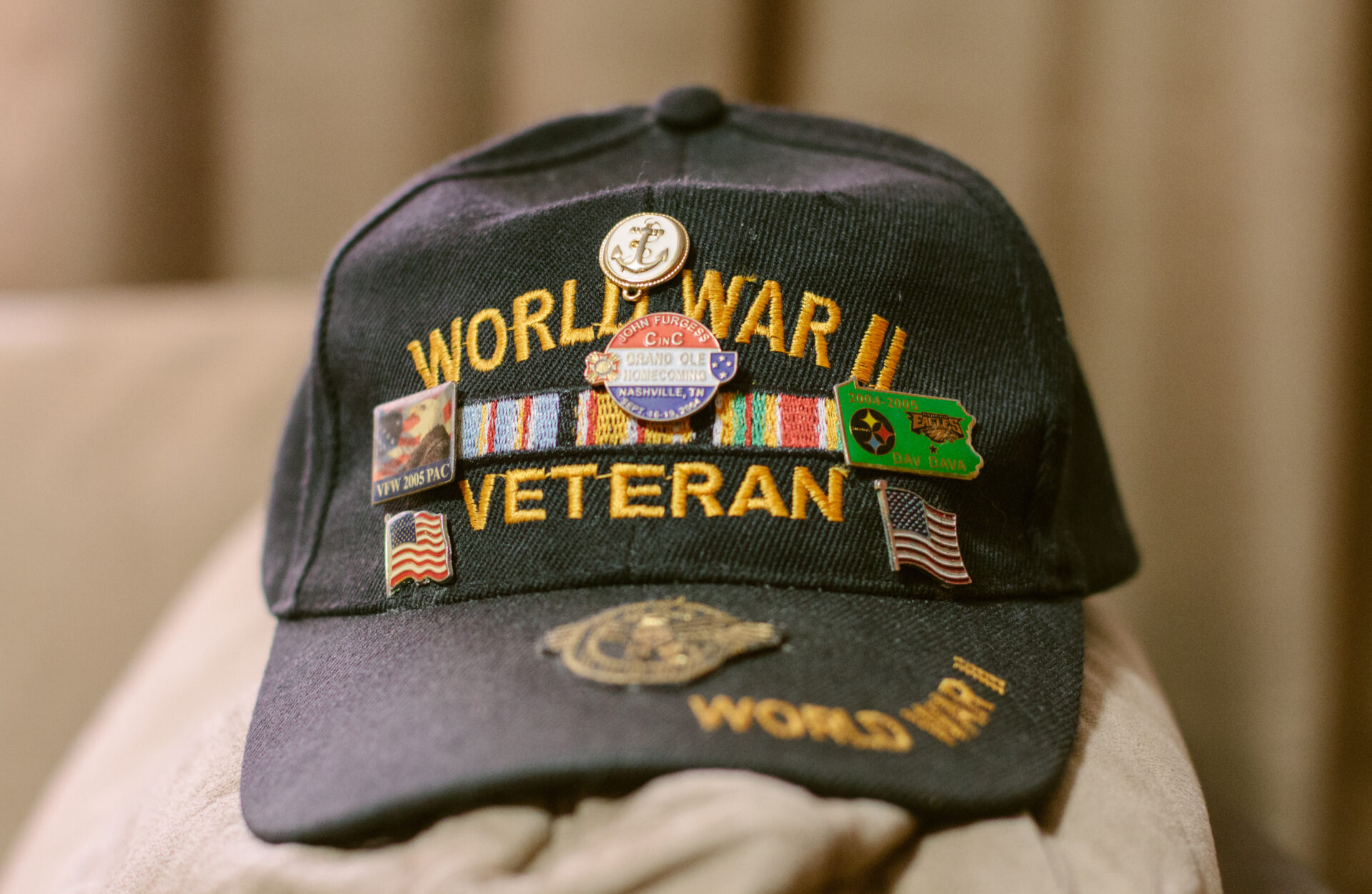During the regular West Virginia Legislative session, on the House of Delegates floor, resolutions like H.C.R. 53 – U. S. Navy Quartermaster Third Class Lawrence Earl Boggs Memorial Bridge – are often accepted en masse, without debate.
But Tuesday, with a decorum of honor and duty, the House broke from routine. Del. Bill Ridenour, R-Jefferson, a retired Marine Corps officer and a retired defense intelligence officer, read aloud, in detail, the heroic service records of Mountain State veterans who are nominated to have bridges named after them. A full list of the memorial bridge resolutions can be found here.
As to bills on third reading, House Bill 5159, relates generally to child labor.
The proposal eliminates the requirement that 14 or 15 year olds obtain a work permit. Instead, parental permission and a Department of Labor age certificate is needed for children ages 14 and 15 to work.
Del. Larry Rowe, D-Kanawha, opposed a bill he and other delegates said takes school input out of the child labor equation.
“I think that it’s really the parents’ rights to have their children employed, and that’s what we’re judging here,” Rowe said. “And what goes out the window is the education of the child is the socialization that teenagers need in order to survive in this world. It involves a duty, I think of the school system, to make certain that the education is being completed as it’s supposed to be. So I will be voting against this bill.”
But Del. Todd Longanacre, R-Greenbrier, noted that code changes in the bill were procedural, and said that 14 year olds should have the freedom to work.
“We probably worked when we were 12, 13, 14 years out on a farm baling hay, digging post holes, whatever we were doing.” Longanacre said. “If there’s one thing kids need today in our society is to start learning work ethic at an earlier age, not at a later age. This is a good bill. Let’s let those kids get to work.”
The child labor bill passed 83-16 and now goes to the Senate.
House Bill 5223 would create the Southern Coalfield Resiliency and Revitalization Program.
The bill sponsor, Del. Adam Vance, R-Wyoming, said that unlike previous coalfield commissions and authorities that were never funded or executed, this program would charge the Department of Economic Development with actively recruiting and retaining businesses geared for and/or needed in Boone, Logan, McDowell, Mingo and Wyoming counties.
“There is no funding,” Vance said. “They just come together as a council, they’ll discuss things that these five counties need economically for development stuff, and then they’ll bring those in, and they’ll reach out to those companies. And they’ll find land that’s successful, find companies that want to come into these areas, and then they’ll just reach out and try to get them to come in and hopefully we can expand on that.”
The bill passed 90-5 and also now goes to the Senate.
